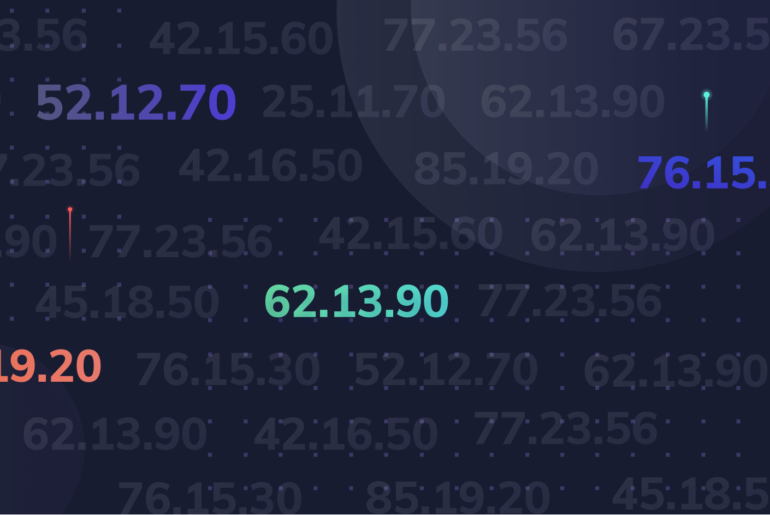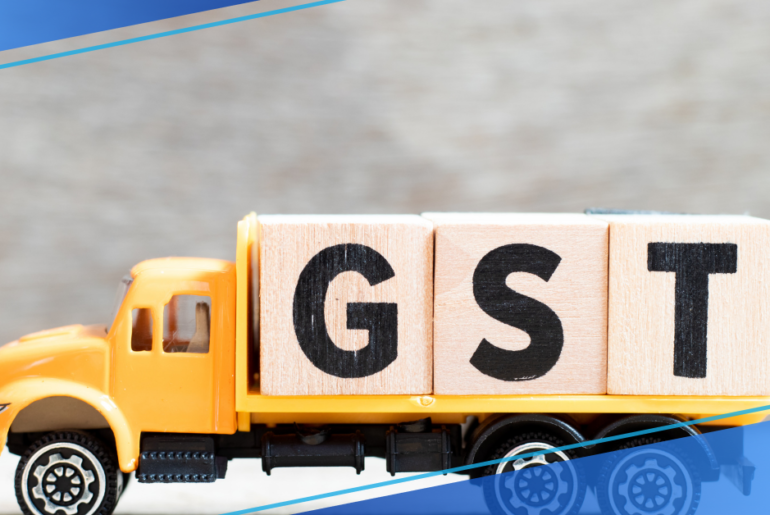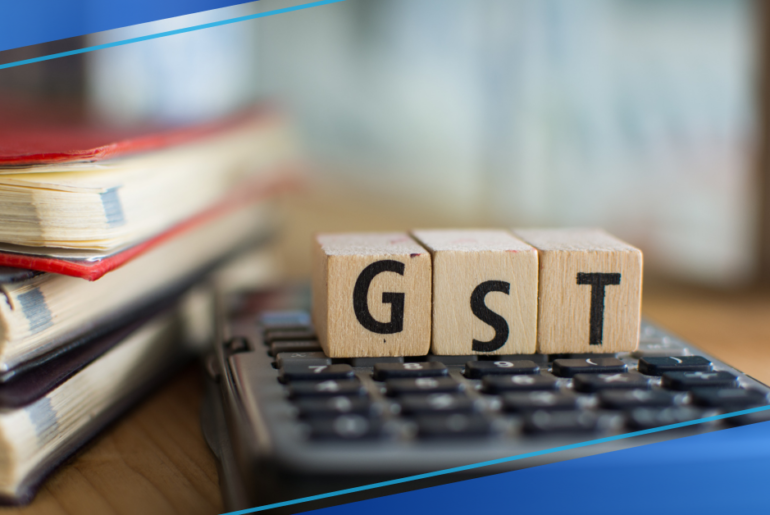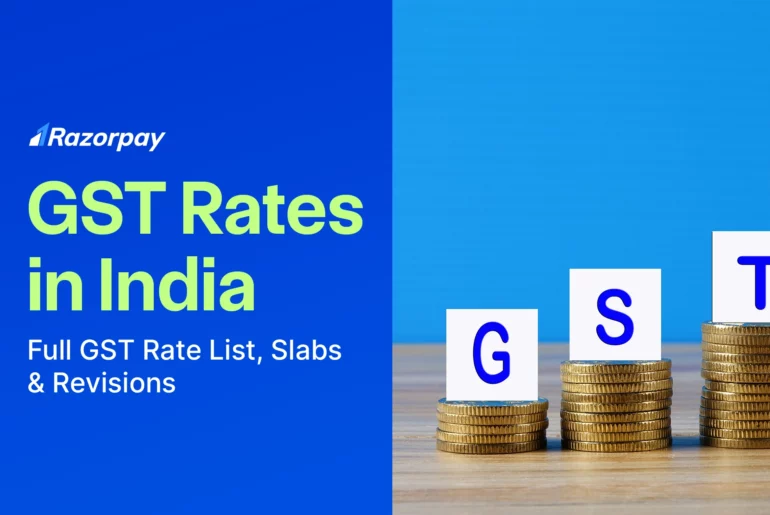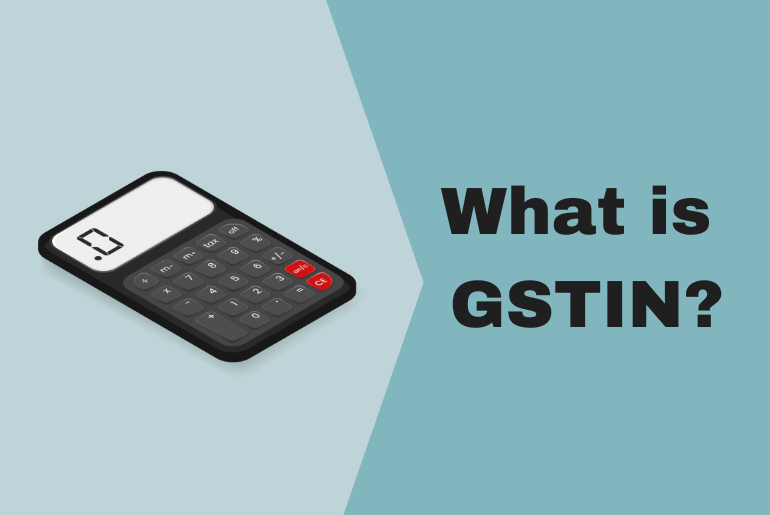Latest Update for GST on Restaurant in 2025 Starting April…
HSN stands for Harmonized System of Nomenclature, and is used to classify goods in a systematic manner.
Assuming that you are registering under GST for the first time, you must follow the following steps in this article to check your GST registration status.
There are three types of GST returns, namely – GSTR-1, GSTR-2A, and GSTR-3B. Read more on what GST returns are and how you can file for one online.
GST has replaced most other indirect taxes like service tax, VAT, central excise duty, additional customs duty, surcharges and octroi.
Do you want to know more about the various tax rates levied on all countries’ food and beverages? Read more to find out.
A GST E-way bill has to be generated for individuals who want to transport goods that are worth more than INR 50,000 within the country. Read more here.
What is GSTIN? GSTIN (Goods & Services Tax Identification Number)…
The e-way bill portal streamlines the process of creating e-way…
The E-way bill is a crucial document introduced under the…


